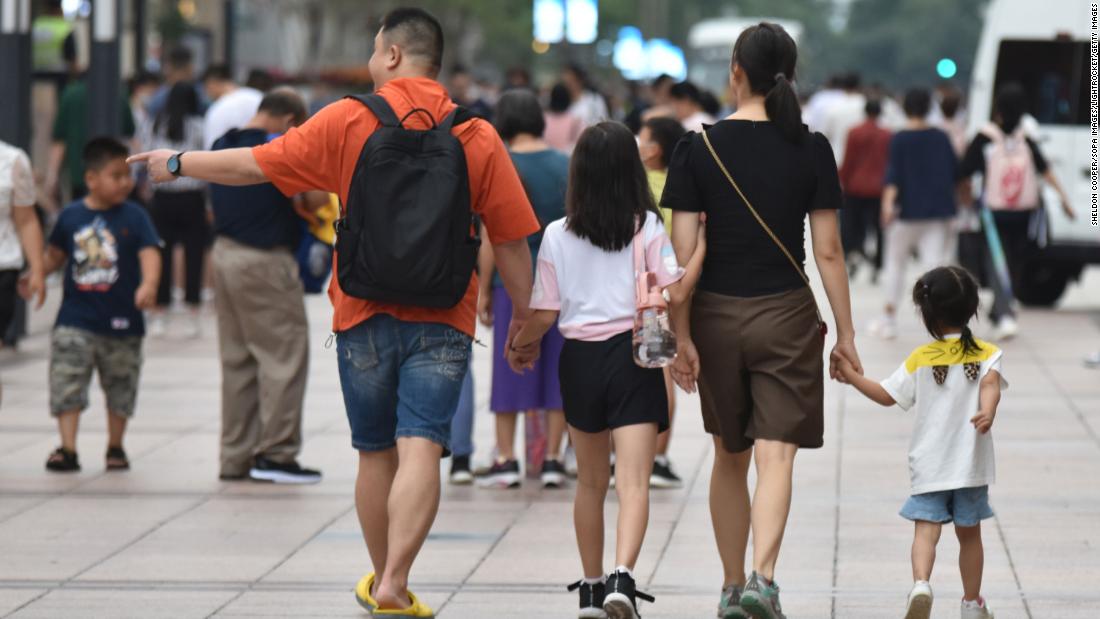China's Population Drops for First Time Since 1961
On Tuesday, China's National Bureau of Statistics announced that the country's population has declined for the first time in more than 60 years.

Facts
- On Tuesday, China's National Bureau of Statistics announced that the country's population has declined for the first time in more than 60 years.
- The population decreased to 1.411 billion in 2022 — a drop of 850K from 2021. The latest figures reportedly mark China's first population decline since 1961 during the great famine, which was triggered by former leader Mao Zedong's "Great Leap Forward" policy.
- While the country's 2022 birth rate declined to 6.77 births per 1K people from 7.52 in 2021 — the lowest birth rate on record — it also recorded its highest death rate since 1976, at 7.37 deaths per 1K people, compared to 7.18 deaths in 2021.
- PRC National Bureau of Statistics chief Kang Yi said the trend should not cause concern as "overall labor supply still exceeds demand." Beijing's one-child policy between 1980 and 2015 and its strict "zero-COVID" policies are believed to be factors in new demographic trends.
- However, due to the announcement's potential socioeconomic impact, in 2021, Beijing and local governments rolled out a series of stimulus measures to boost population growth — including allowing couples to have three children and collect benefits.
- Meanwhile, a recent UN estimate suggests that India's total population will surpass that of China by April to reach nearly 1.7B by 2050, compared to China's projected 1.31B.
Sources: Al Jazeera, CNN, Guardian, Reuters, SCMP, and FOX News.
Narratives
- Pro-establishment narrative, as provided by China Daily. It's hardly surprising that China's population growth would eventually slow greatly. However, in order not to jeopardize further economic development, Beijing now has to focus not only on continuing on the path from an industrial to a service sector economy but also on expanding technological innovation. Moreover, if China's economic policy takes into account the consumption needs not only of the young but also of the growing elderly population, its population may decline — but its economy is set for further growth.
- Establishment-critical narrative, as provided by The Washington Post. The population decline in China risks numerous negative consequences for its economic growth, as the Chinese economic model remains reliant on a large supply of labor. This hardly-reversible demographic trend is likely to trigger not only higher prices due to increased labor costs but cause more problems with the underfunded national pension system. As a result, China may struggle to surpass the US economically in the foreseeable future, unless government policies to boost fertility produce results.
- Narrative C, as provided by Axios. The fact that India is set to replace China as the world's most populous country could yield major global economic impacts since significant production capacity will be moved to the Subcontinent. Added to this is the West's geopolitically-motivated tilt toward New Delhi. Both developments may boost India's economic and political stance against China — with its economy potentially surpassing not only China's but also that of the US by the second half of the century.






